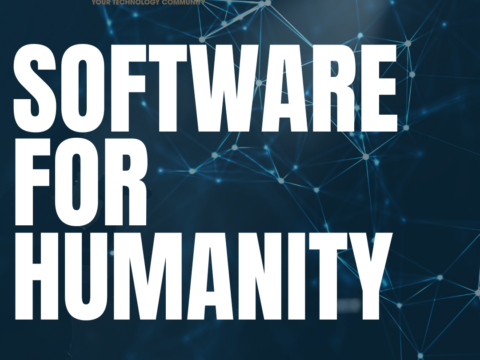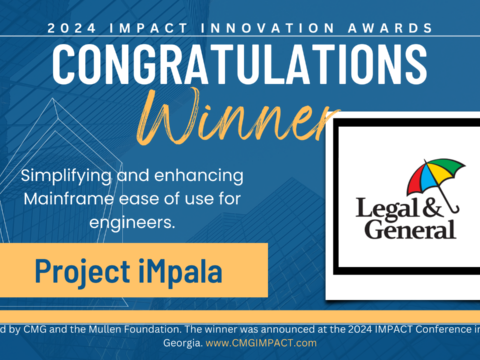Capacity Management with Real World Implications
CMG Brazil Announces Spring Conference Agenda
May 9, 2017REMINDER – CMG Webinar Series: The Association Between Capacity Management, Cybersecurity, and the Insider Threat
May 17, 2017We all know how capacity planning is important in computer and network operations, but seldom do we consider how capacity can impact even the simplest decisions.
When I was just starting in IT, my father bought a computer and had no idea how to use the computer with long term implications. For instance, at one point he asked me about putting information on the “floppy” disk, wanting to know if he could place the entire contents of the computer into the floppy drive and then just update the floppy.
I tried to explain it to him using two glasses of water; one small glass and one large glass. I then pointed out that if he tried to take the water from the large glass and pour it into the small glass, he would overflow the smaller glass. However, if he tried to put the contents of the smaller glass into the larger glass, it would fit fine. The smaller glass represented the floppy drive, and the larger glass represented the drive that was part of the computer.
I do not know if this situation really helped my father, since he was not actively listening to the analogy, but my brother, who was also in IT, felt that it was a good example and that he would be using it to explain capacity to his boss.
There are times when real world examples seem to describe capacity planning much better than we could ever describe it using technical terms. Some supervisors and managers have a technical background and some do not. Those that do not have the technical background can understand the capacity planner better should a description allow them to support you.
There are individuals, whether technical or non-technical, who feel that capacity is limitless. I suppose when they see flash drives with 256GB capacity, it is easy to assume that capacity is something available at any given time to whomever wants it.
I have always known that capacity is something that often times is taken for granted. Growing up in a large family, something as simple as bedroom space was at a premium. I spent most of my adolescence in a small room with three beds. I always felt that the space was fine and that I did have privacy when I needed it, but once I had my own room, I never wanted to go back to a shared bedroom. That is how capacity grows in the minds of technical (and non-technical) staff members. Give someone capacity for three things, and they will never want to decrease that capacity. “CapacitEconomics” is something that we no longer have to plan. With applications demanding more capacity, and the number of applications increasing, capacity MUST increase to take us to the next step.
Without good capacity knowledge, disaster is imminent. Every year my father would take me hunting and one year was very snowy. As we were traveling up a small Pennsylvania back road, my Dad told me that we were just about out of gas and he was not sure how much longer we could go. I looked around at the desolate terrain and asked him what we were going to do now. He told me that once we were out of gas, someone was going to have to walk to the nearest gas station and get some more gas. I asked him where that was and he responded that he hoped I would know since he had been driving and I was supposed to be observing. I had this sick feeling in my stomach. I was just 15 years old and had no idea how long to the nearest gas station. It was at this point my Dad said that he knew where the nearest gas station was and that we would get there with plenty of gas to spare. He told me that I needed to understand better my environment and a plan to get the gas I needed to finish the trip. To this day, I do just that; lesson learned.
This was just a few stories on how capacity planning can impact real world situations. More stories the next time.
Learn, Offer, Value, Educate (LOVE)
Don’t Miss Chris’s Webinar on May 18!




